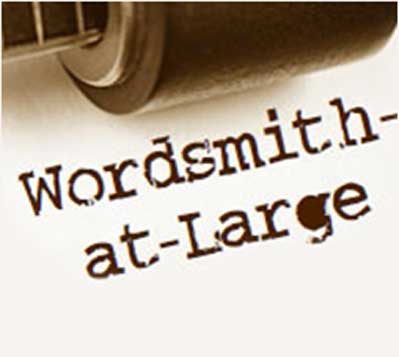I am shocked. No, make that flabbergasted. Who would have thought that allowing college athletes to profit off their name, image, and likeness (NIL, as it’s called) could cause any problems whatsoever? I’m sure you’ve been just as stunned as I to find out that some (and I use that quantity advisedly) connected to sports in institutions of higher learning are stretching the NIL rules to the point of breaking.
In case you missed it, college football coaches, even those who used to be colleagues, are calling each other nasty names. Accusations are flying between schools as to whose faithful fans are more giving to their prized student/athletes. And the NCAA is doing its best Alfred E. Neuman “What, me worry?” impression. But the most interesting aspect of the whole NIL thing is people everywhere seem to be totally surprised that anything untoward is taking place at all.
You know, it used to be that the only thing kids who went to college to play a particular sport got in return for their efforts was a free education. Imagine that. But not now. A wide variety of laws and NCAA rule changes that went into effect last summer have now made it possible for those athletes to make money by basically doing what the professional players do – selling their NIL rights.
From what I’ve seen, to its credit, the NCAA did at least try to say to its members, “Well, okay, you can do the NIL thing. But the colleges can’t pay their athletes directly.” Out of the other side of its mouth, however, the governing board of college athletics apparently allowed for something called a “professional services provider” to act as a broker for NIL activities.
And that’s where things got a wee bit murky.
It seems alumni and donors from sea to shining sea formed entities called “collectives.” And the purpose of these new organizations is to funnel cash and other goodies to players even before they enroll, as well as while they’re in college.
We’re not talking about just picking up the tab at the local Burger Barn or making sure a player or prospect has the latest and greatest Jordan sneakers to wear. No, these high-level boosters are shoveling copious amounts of cash and other incentives right into the pockets of players to either recruit them or keep them from going elsewhere to play. What was under-the-table is now on-the-table.
Back in 1987, SMU (Southern Methodist University) in Dallas was given what was referred to as the “death penalty” by the NCAA for doing pretty much exactly what the collectives are doing now without fear of retribution. (SMU was banned from playing football for an entire season, and its program has basically never totally recovered.)
As always, there are two sides to every coin. Some traditionalists continue to believe that everything about college sports should remain on the amateur level. Or at least as close as possible to that dream. Others say it’s about time the kids get paid for their talents. The universities for which the players play DO tend to make a buck or two off their athletic programs.
Currently, there are many accusations of “You’re a cheater,” and “You’re another,” flying back and forth between coaches and others. One particular school that also happens to be in the state of Texas reportedly handed out $30 million to incoming freshman. Surprise, surprise. It has the Number One ranked football recruiting class. Which probably makes other schools jealous, not to mention determined to never be left behind.
Pay for play is undoubtedly here to stay. Pandora’s Box has once again been opened. But, hey, she just released physical and emotional curses on all mankind. Collectives are altering the landscape of college sports across the spectrum, which can be of much greater concern to many faithful followers than Pandora’s trifling troubles. How rich are your boosters seems to be the only limit to their spending on athletes.
One thing that might provide great hilarity in the coming months and years is that Congress may decide it needs to get involved in clarifying right and wrong and putting some rules in place. It does things like that so well. In reality, that should really muddy up the waters and provide income for lawyers for many moons as the inevitable lawsuits crop up.
I suppose we should be grateful for one thing: At least these athletes won’t accumulate significant student debt. Not that they’ll have to worry about paying it off either, given recent forgiveness proposals. But at least taxpayers won’t have to foot their bills. Those loyal fans in the stands will be doing that.
©MMXXII. William J. Lewis, III – Freelance Writer


Leave A Comment